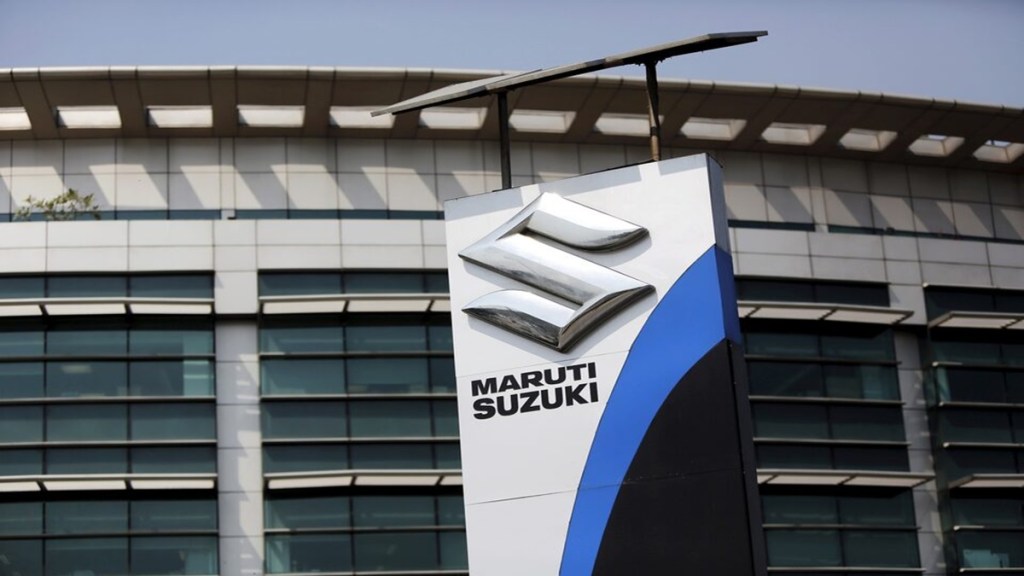At a time when passenger vehicle manufacturers are sharply divided over the corporate average fuel efficiency (CAFE) III norms that kick in from April 2027, a new analysis by Nomura Research Institute (NRI) has come out in support of Maruti Suzuki India, highlighting that the current regulatory framework disproportionately penalises small, lightweight cars.
According to NRI Consulting & Solutions India’s study of global CAFE regulations, India’s linear weight-based model imposes significantly stricter carbon dioxide (CO₂) targets on smaller vehicles. In contrast, major auto markets like the US, China, Japan, South Korea, and the European Union use more balanced systems, such as footprint-based or piecewise linear models, that avoid overburdening small cars.
The report points out that under India’s CAFE norms, larger and heavier vehicles are allowed relatively lenient CO₂ targets, while smaller cars must meet far more demanding emission thresholds. This imbalance means affordable, low-emission small vehicles often fail to qualify under the standards, whereas heavier, high-emission vehicles are more likely to comply.
By comparison, the US uses a footprint-based method with a piecewise linear curve, setting a flat target for cars below a certain size threshold, while China and South Korea cap the stringency for light vehicles. Japan’s model flattens out CO₂ targets for smaller cars, and Europe even assigns lower targets to heavier vehicles, making the system easier on lighter ones.
Nomura’s findings add weight to the argument being made by Maruti Suzuki, which has sought differentiated emission standards for small cars. With over 65% of its domestic volumes coming from compact models weighing less than 1000 kg, including popular models like the Wagon R, Swift, and Dzire, the company contends that the current system discourages the production of lightweight, fuel-efficient vehicles.
The report comes at a time when there’s a growing rift within the industry over the issue. While Maruti, which has around 40.9% market share in the PV segment, has said that the upcoming norms could render small cars economically unviable, rivals like Tata Motors and Mahindra & Mahindra have taken a different stance. These manufacturers, who have a larger presence in the electric vehicle and SUV segments, support a uniform CAFE III target of 91.7 g CO₂/km, down from 113 g/km under CAFE II.
